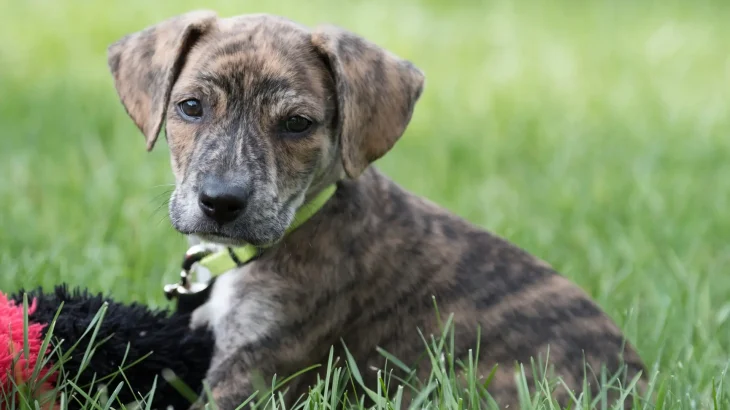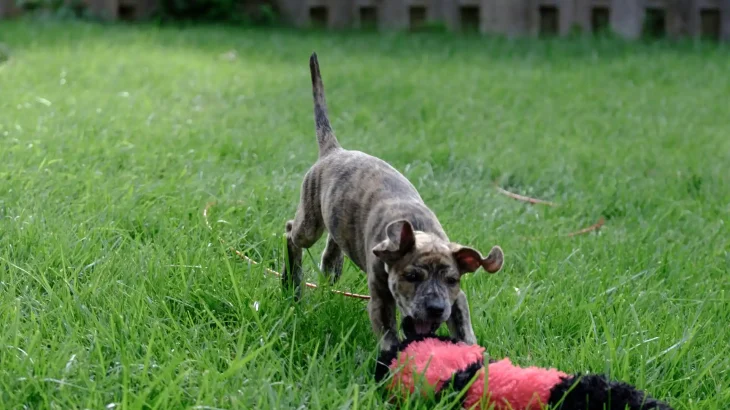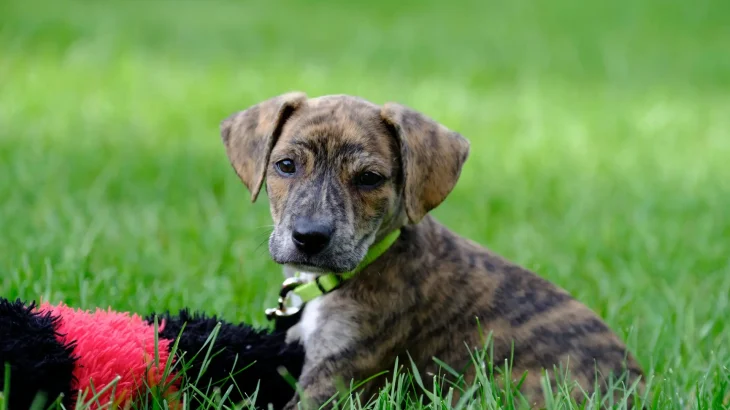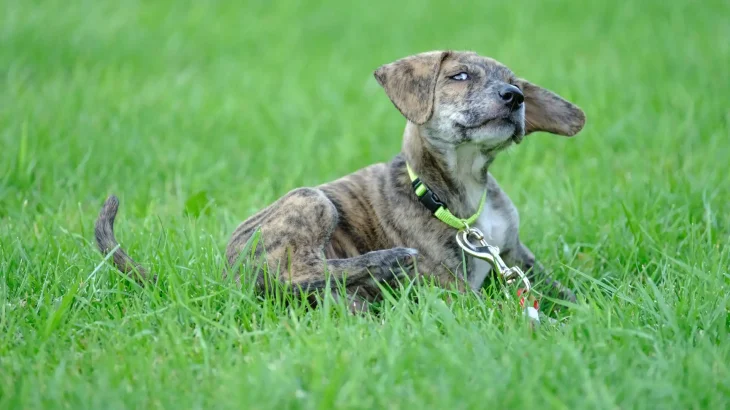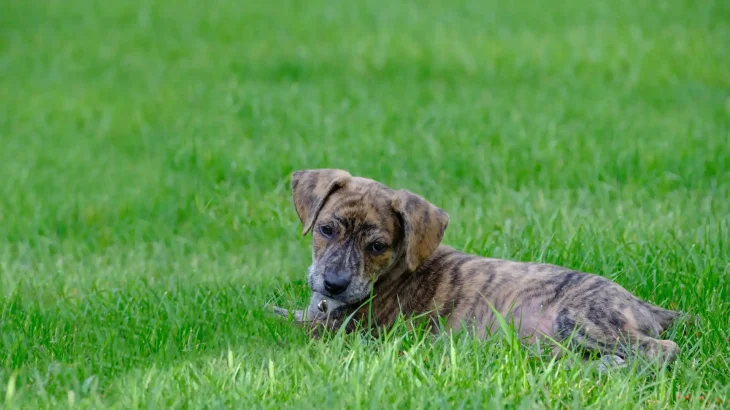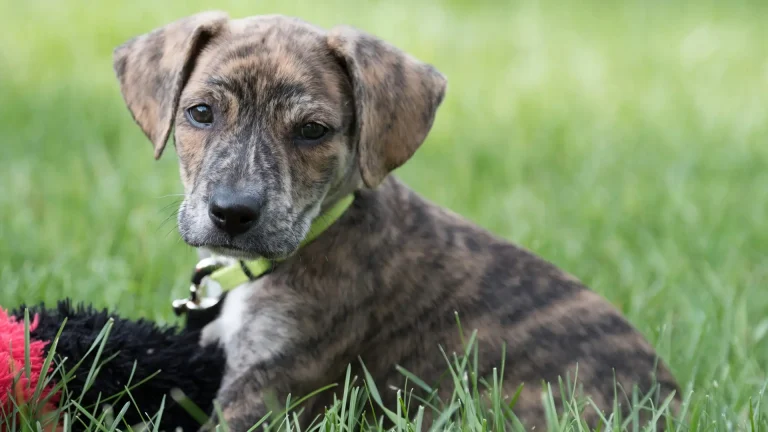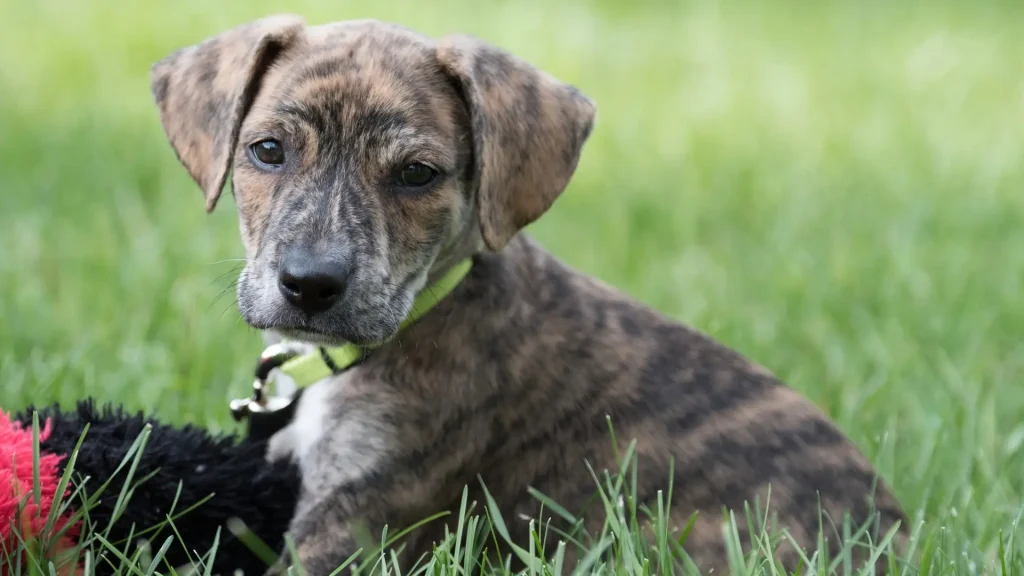Choosing whether to adopt or buy a Mountain Cur puppy means weighing the benefits of each option. Adopting gives a dog a second chance, usually at a lower cost, while buying from a breeder offers more certainty about the puppy's lineage and health.
Here's a quick comparison:
| Criteria | Buying from Breeder | Adopting from Shelter/Rescue |
|---|---|---|
| Cost | Typically higher, reflecting purebred status and breeder expenses. | Generally lower adoption fees, making it more affordable. |
| Health History | Often well-documented with genetic testing and health screening. | Health backgrounds can be uncertain; some shelters provide basic assessments. |
| Age Availability | Primarily puppies, so you raise them from the start. | Range of ages including puppies, adults, and seniors. |
| Temperament Insight | Breeders can share info about the puppy's lineage and expected traits. | Shelter staff may offer observations but full history might be unclear. |
| Supporting Practices | Supports responsible breeding when choosing ethical breeders. | Directly supports animal welfare by rehoming dogs in need. |
| Ethical Considerations | Can ensure breed standards and health with reputable breeders; risk exists with puppy mills. | Helps reduce homeless pet population; less control over genetic history. |

